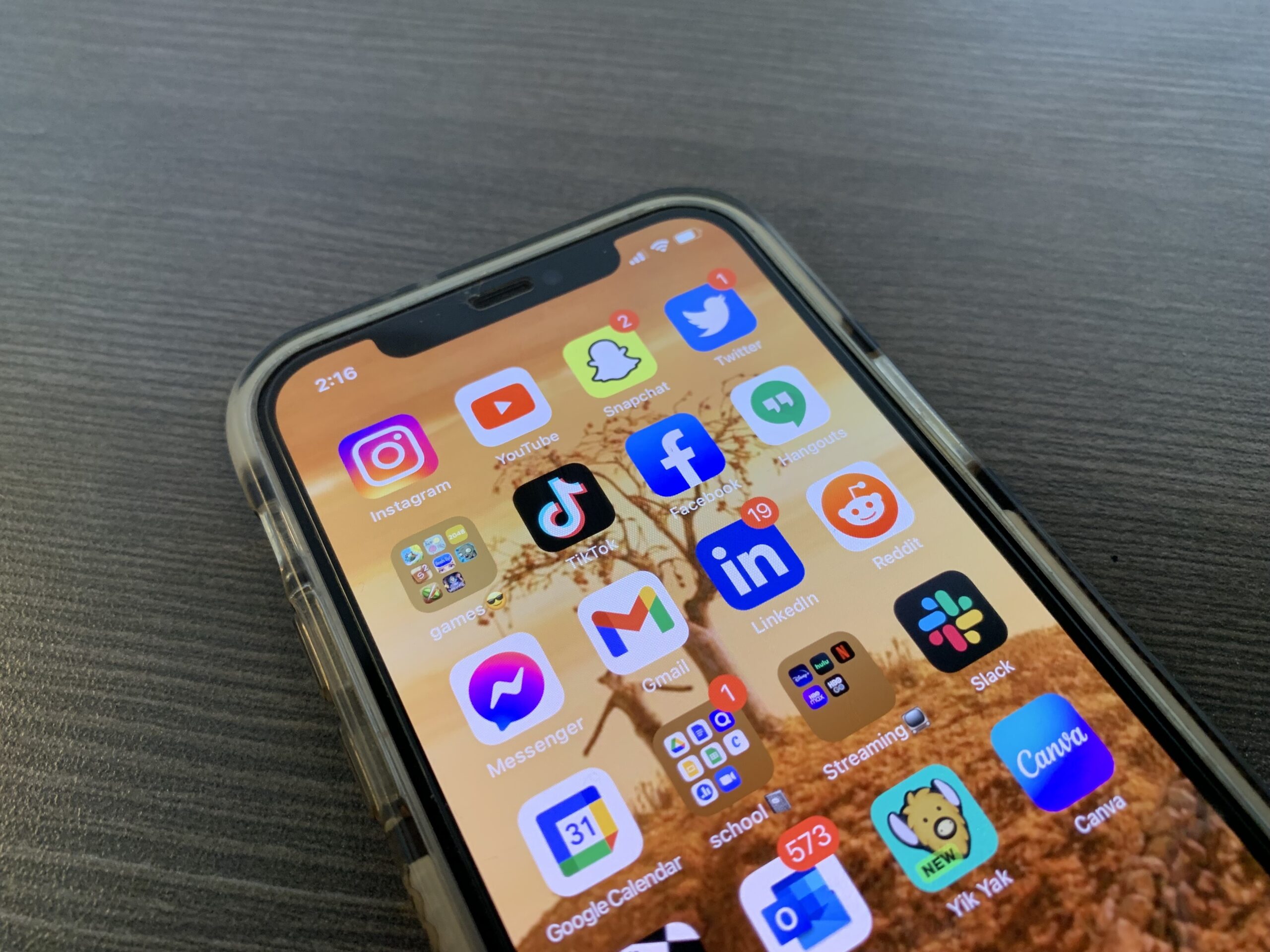British lawmakers issued a scathing report Monday that calls for tougher rules to keep Facebook and other tech firms from acting like “digital gangsters” and intentionally violating data privacy and competition laws.
The report on fake news and disinformation on social media sites followed an 18-month investigation by Parliament’s influential media committee. The committee recommended that social media sites should have to follow a mandatory code of ethics overseen by an independent regulator to better control harmful or illegal content.
The report called out Facebook in particular, saying that the site’s structure seems to be designed to “conceal knowledge of and responsibility for specific decisions.”
“It is evident that Facebook intentionally and knowingly violated both data privacy and anti-competition laws,” the report said. It also accused CEO Mark Zuckerberg of showing contempt for the U.K. Parliament by declining numerous invitations to appear before the committee.
“Companies like Facebook should not be allowed to behave like ‘digital gangsters’ in the online world, considering themselves to be ahead of and beyond the law,” the report added.
U.K. parliamentary committee reports are intended to influence government policy, but are not binding. The committee said it hoped its conclusions would be considered when the government reviews its competition powers in April.
The government said it welcomed the “report’s contribution towards our work to tackle the increasing threat of disinformation and to make the U.K. the safest place to be online. We will respond in due course.”
While the U.K. is part of the 28-country European Union, it is due to leave the bloc in late March, so it is unclear whether any regulatory decisions it takes could influence those of the EU.
Facebook said it shared “the committee’s concerns about false news and election integrity” and was open to “meaningful regulation.”
“While we still have more to do, we are not the same company we were a year ago,” said Facebook’s U.K. public policy manager, Karim Palant.
“We have tripled the size of the team working to detect and protect users from bad content to 30,000 people and invested heavily in machine learning, artificial intelligence and computer vision technology to help prevent this type of abuse.”
Facebook and other internet companies have been facing increased scrutiny over how they handle user data and have come under fire for not doing enough to stop misuse of their platforms by groups trying to sway elections.
The report echoes and expands upon an interim report with similar findings issued by the committee in July. And in December, a trove of documents released by the committee offered evidence that the social network had used its enormous trove of user data as a competitive weapon, often in ways designed to keep its users in the dark.
Facebook faced its biggest privacy scandal last year when it emerged that Cambridge Analytica, a now-defunct British political data-mining firm that worked for the 2016 Donald Trump campaign, had accessed the private information of up to 87 million users.
Conservative lawmaker Damian Collins, who heads the media committee, said “democracy is at risk” from malicious, targeted disinformation campaigns, often directed from countries such as Russia and spread on Facebook and other social networks.
“We need a radical shift in the balance of power between the platforms and the people,” he said. “The age of inadequate self-regulation must come to an end.”
Related Stories
‹

Social Media Companies Face Legal Reckoning Over Mental Health Harms to ChildrenSome of the biggest social media players from Meta to TikTok are facing federal and state trials that seek to hold them responsible for harming children’s mental health.

‘Godfather of AI’ Leaves Google, Warns of Tech’s DangersWritten by MATT O’BRIEN and WYATTE GRANTHAM-PHILIPS Sounding alarms about artificial intelligence has become a popular pastime in the ChatGPT era, taken up by high-profile figures as varied as industrialist Elon Musk, leftist intellectual Noam Chomsky and the 99-year-old retired statesman Henry Kissinger. But it’s the concerns of insiders in the AI research community that […]

UNC Study: 'Habitual' Social Media Use Changes Kids' Brain DevelopmentDo you remember the time before social media? For children and young adults, social media is a significant part of their lives — and we’re still learning how it’s affecting them.
A study conducted by UNC researchers found a habitual checking of social media can impact brain development in adolescents.
![]()
Big Tech Grapples With Russian State Media, PropagandaWritten by DAVID KLEPPER and AMANDA SEITZ As Russia’s war in Ukraine plays out for the world on social media, big tech platforms are moving to restrict Russian state media from using their platforms to spread propaganda and misinformation. Google announced Tuesday that it’s blocking the YouTube channels of those outlets in Europe “effective immediately” but acknowledged “it’ll […]
![]()
Hate Speech in Myanmar Continues To Thrive on FacebookWritten by SAM McNEIL and VICTORIA MILKO Years after coming under scrutiny for contributing to ethnic and religious violence in Myanmar, Facebook still has problems detecting and moderating hate speech and misinformation on its platform in the Southeast Asian nation, internal documents viewed by The Associated Press show. Three years ago, the company commissioned a […]
![]()
America 'On Fire': Facebook Watched as Trump Ignited HateWritten by AMANDA SEITZ The reports of hateful and violent posts on Facebook started pouring in on the night of May 28 last year, soon after then-President Donald Trump sent a warning on social media that looters in Minneapolis would be shot. It had been three days since Minneapolis police officer Derek Chauvin kneeled on […]
![]()
Facebook Froze as Anti-Vaccine Comments Swarmed UsersWritten by DAVID KLEPPER and AMANDA SEITZ In March, as claims about the dangers and ineffectiveness of coronavirus vaccines spun across social media and undermined attempts to stop the spread of the virus, some Facebook employees thought they had found a way to help. By altering how posts about vaccines are ranked in people’s newsfeeds, researchers at […]
![]()
Facebook Whistleblower Testifies: Five HighlightsWritten by BARBARA ORTUTAY and DAVID KLEPPER A former Facebook employee told members of Congress Tuesday that the company knows that its platform spreads misinformation and content that harms children but refuses to make changes that could hurt its profits. Speaking before the Senate Commerce Subcommittee on Consumer Protection, former Facebook data scientist Frances Haugen […]
![]()
Ex-Facebook Employee Bringing Sharp Criticisms to CongressWritten by MARCY GORDON A former Facebook data scientist has stunned lawmakers and the public with revelations of the company’s awareness of apparent harm to some teens from Instagram and her accusations of dishonesty in its fight against hate and misinformation. Now she is coming before Congress. Frances Haugen has come forward with a wide-ranging condemnation […]
![]()
Foes United vs Facebook Over Instagram’s Effect on TeensWritten by MARCY GORDON Political adversaries in Congress are united in outrage against Facebook for privately compiling information that its Instagram photo-sharing service appears to grievously harm some teens, especially girls, while publicly downplaying the popular platform’s negative impact. Mounting public pressure over the revelations have prompted Facebook to put on hold its work on […]
›




